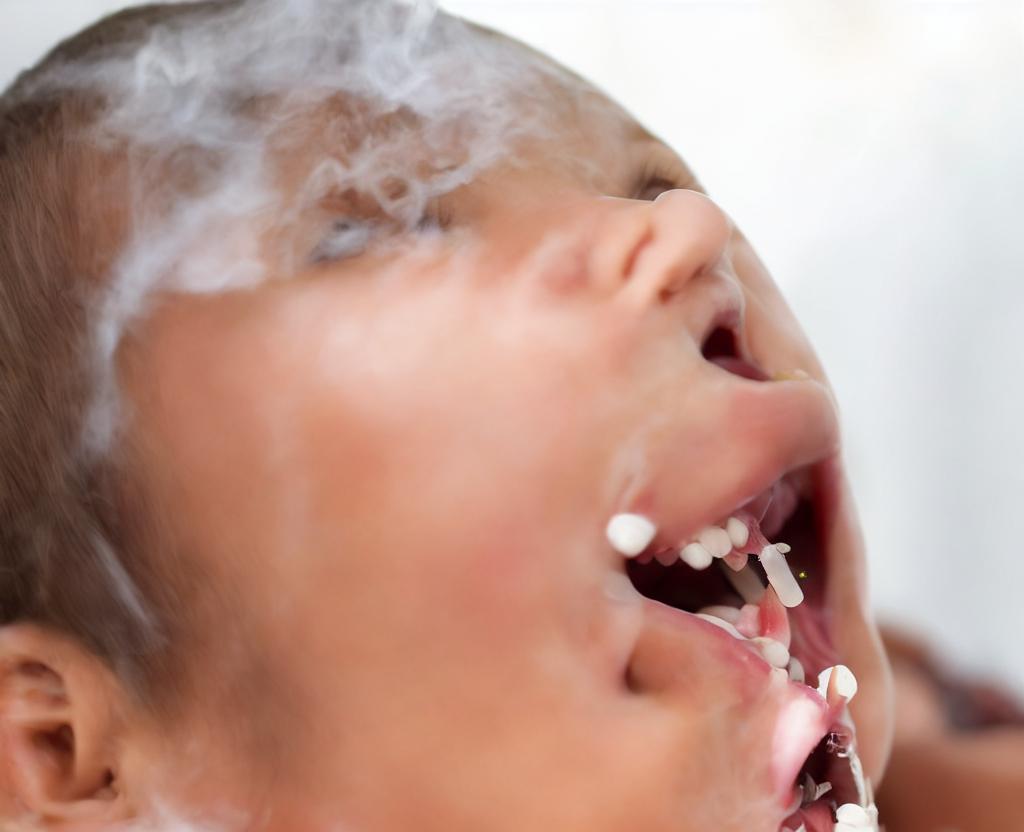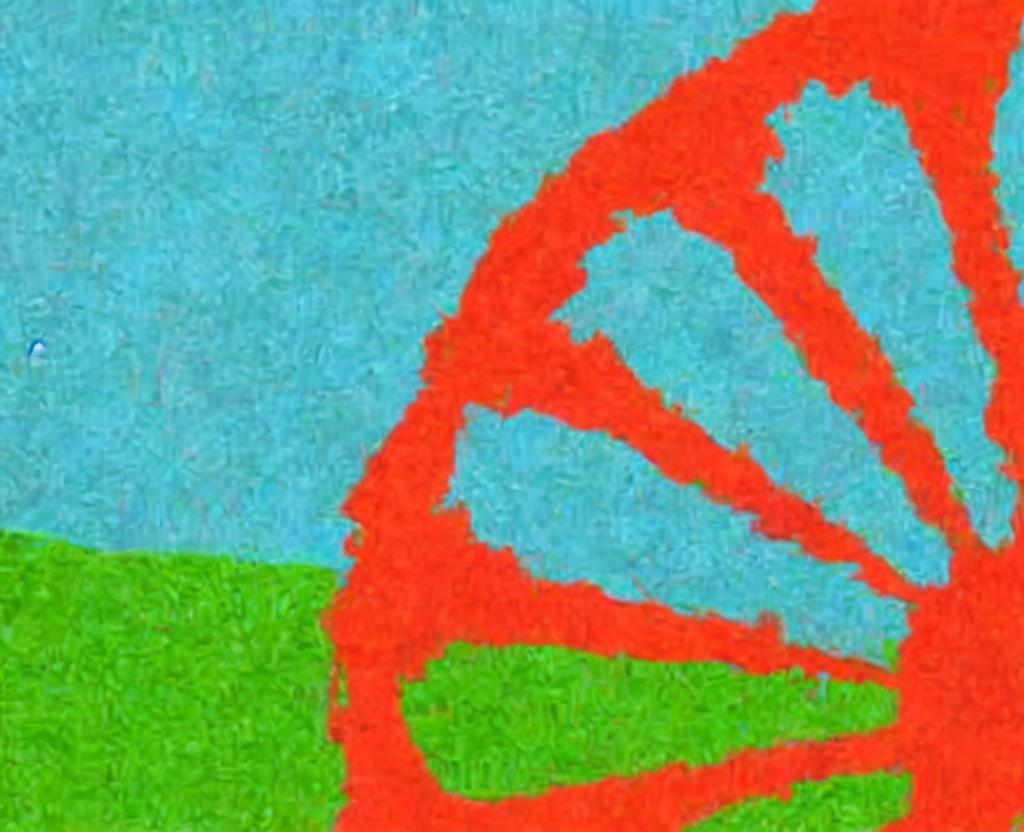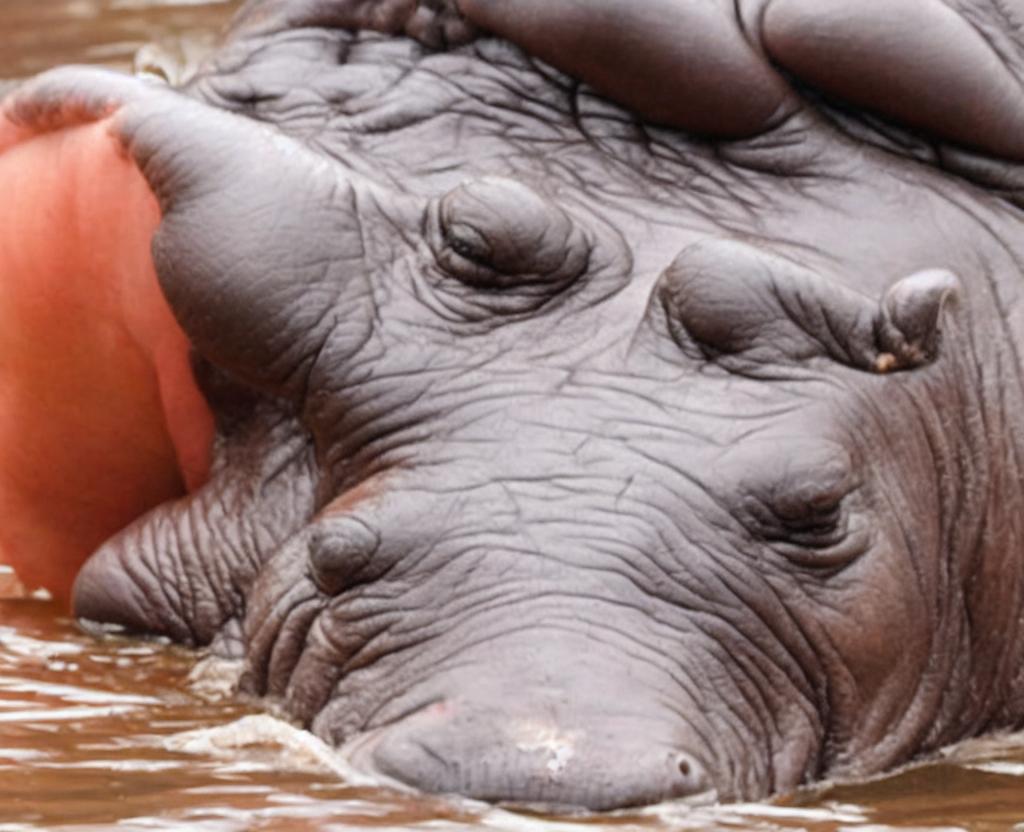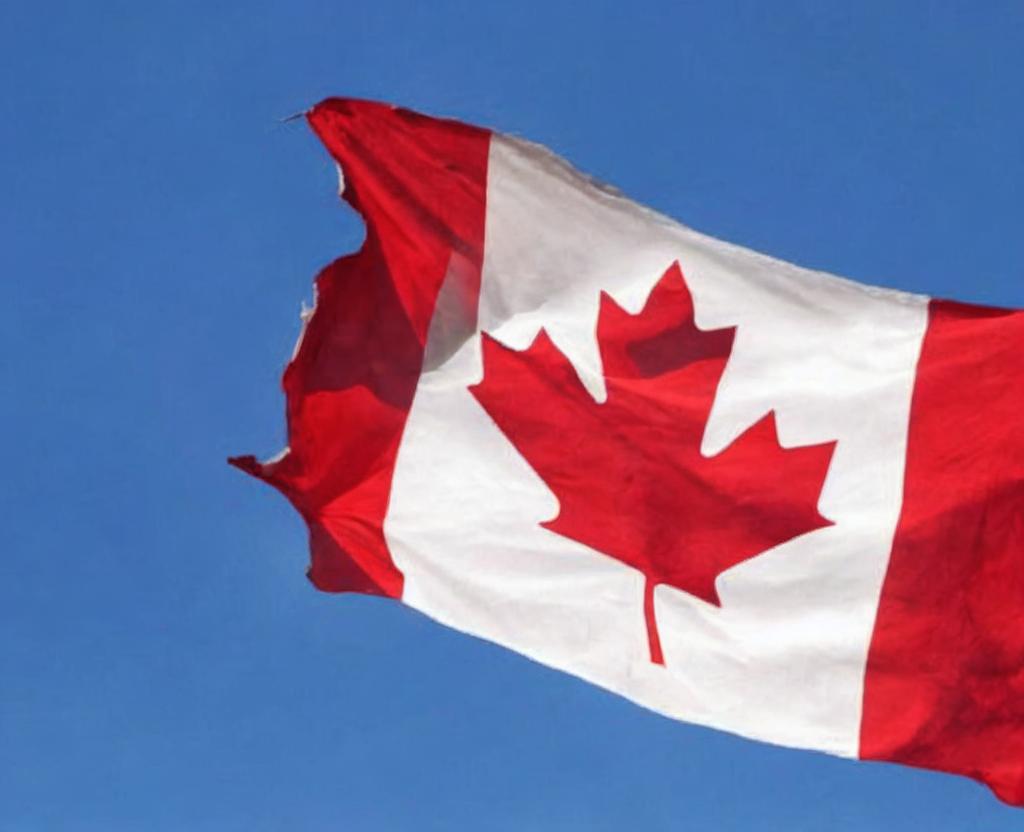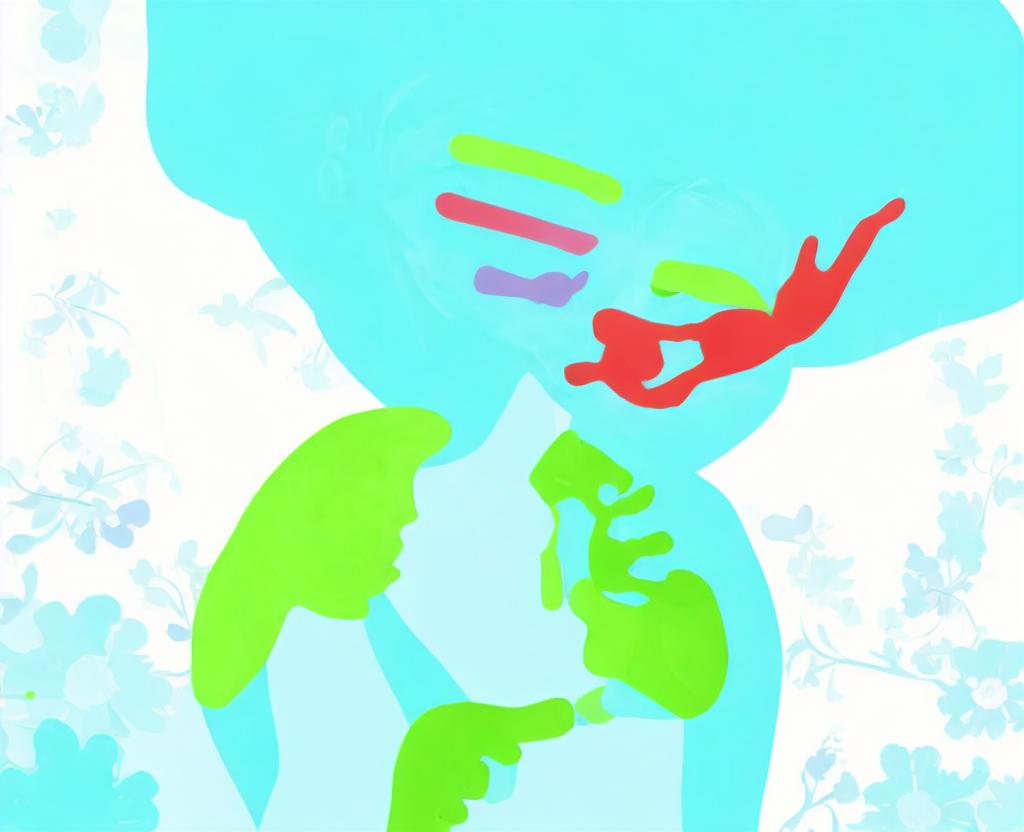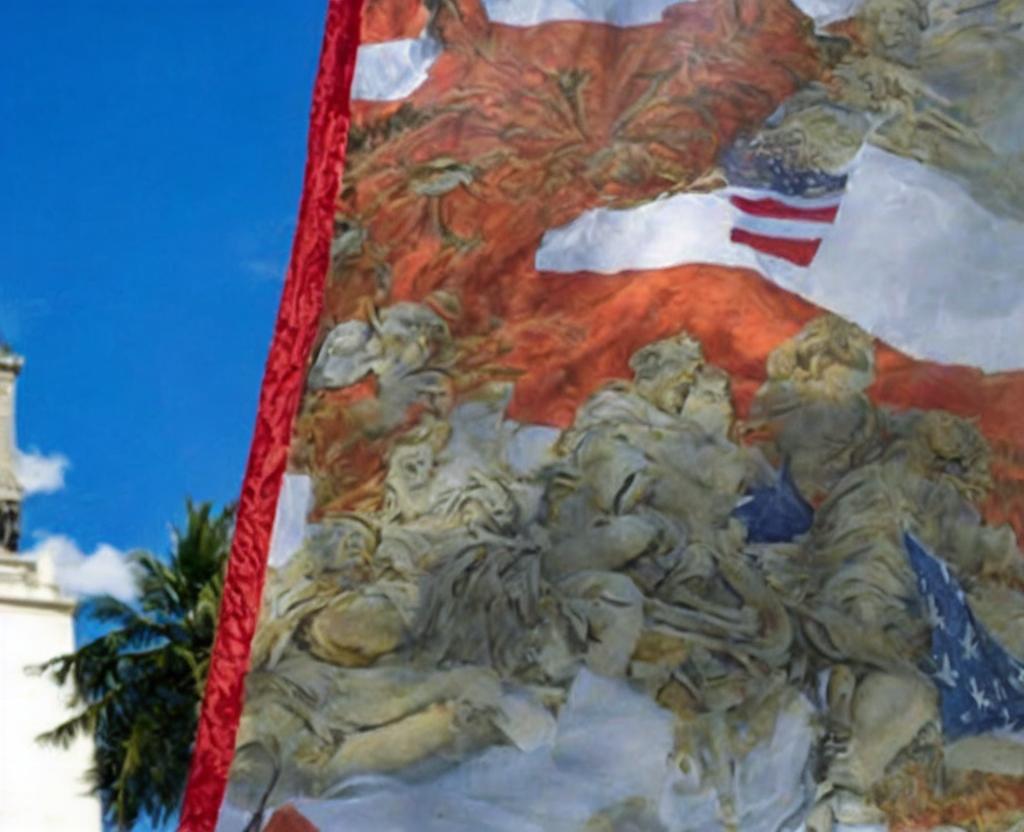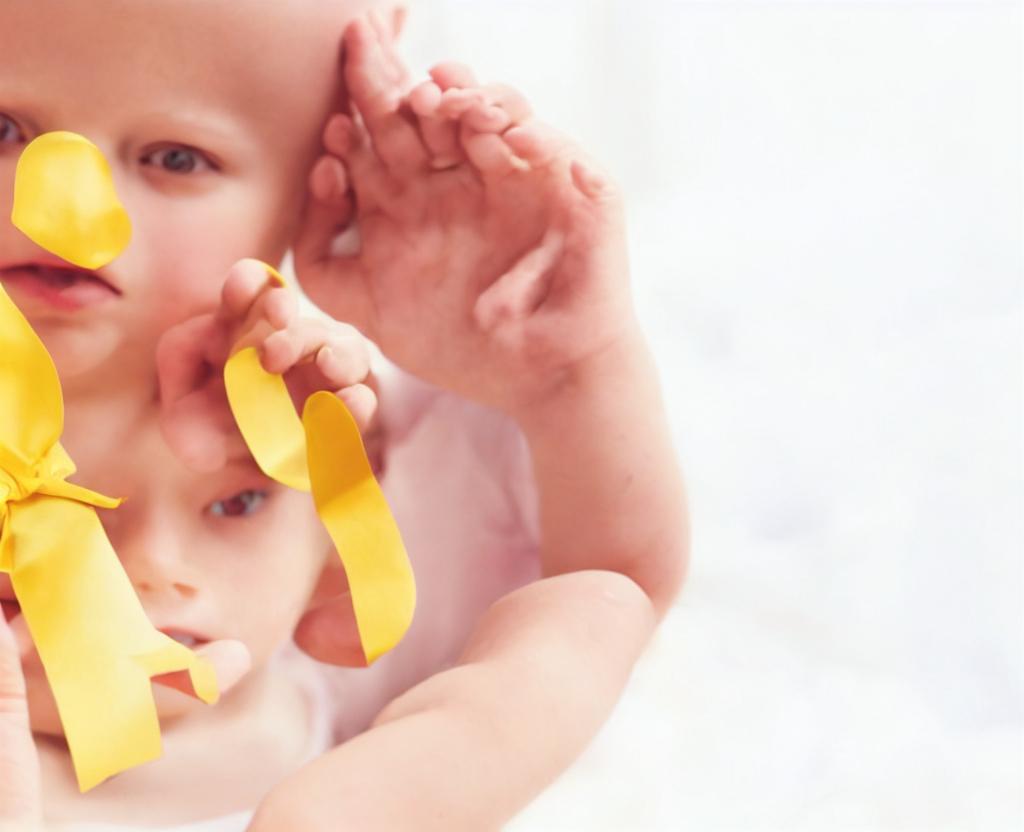
International Childhood Cancer Day
International Childhood Cancer Day (ICCD) is an international youth cancer day (ICCD) every year on February 15th, the International Childhood Cancer Day (ICCD) aims to raise concerns of childhood cancer. The day also promotes care for children with cancer's families.
300,000 children between the ages of 0 to 19 are diagnosed with cancer each year, according to the World Health Organization (WHO). Every three minutes, a child dies of cancer. The following are some of the most common childhood cancers:
- Leukemia
- Brain cancer
- Lymphoma
- tumors such as neuroblastoma
Early detection and appropriate medical care, according to healthcare professionals, can help prevent cancer deaths. More than 80% of children with cancer in high-income countries are cured. The opposite is true in low and middle-income countries. About 20% of children with cancer in these countries have found a cure, but only about 20% of children with cancer in these countries have found a cure.
Finding a cure
More work remains to be done to help children in these low- and middle-income countries fight cancer. Any child with cancer deserves the highest quality of care, regardless of their ethnicity, race, or socioeconomic status.
WHO has established a Global Initiative on Childhood Cancer to help more children avoid childhood cancer. By 2030, the initiative aims to have a 60 percent survival rate for children with cancer. Doing this will save one million lives. To achieve this target, every nation must provide quality care for children with cancer. Both at the national and international levels, there must also be a greater emphasis on childhood cancer at the national and international levels. WHO aims to save all children with cancer through advocacy, leveraged funding, and oversight.
hed through: Who believes that a C.U.R.E. can be reached through: Who believes that a C.U.R.E. can be reached through:
- The Center of Excellence and Care Networks are the two main centers of excellence and Care Networks for Excellence and Care Networks
- Universal Health Insurance Coverage is available in the United States
- Regimens of Control Regimens of Management Regimens of Control Regimens of Control Managing Regimens of Control Regimens of Management Regimens of Control Regimens of Control Regimens of Control
- Monitoring and Evaluation of Evaluation and Monitoring are two aspects of evaluation and monitoring
This initiative may be a success, according to the good news. Despite the prevalence of childhood cancers, they are extremely curable.
How to celebrate #internationalchildhoodcancerday.cancerday
Many health agencies, colleges, and universities, as well as healthcare professionals, host events to inform the public about childhood cancer. The public is urged to educate the public on childhood cancer. To participate: To participate: To participate: To participate: You must register: To participate:
- Donate to a charity, such as St. Jude Children's Research Hospital, which is trying to find a cure for childhood cancer
- Wear a gold ribbon to show your love for people with childhood cancer
- Read inspirational stories about childhood cancer survivors
- All childhood cancers must be treated by Pray for a cure
- If you know a child with cancer, please encourage them and show your love for the family
Use #InternationalChildhoodCancerDay or #ICCD on social media to help spread word about this day.
The international childhood cancer day is the longest in history
In 2002, the Childhood Cancer International founded ICCD. Childhood Cancer International is a network of parent organisations in 90 countries.
